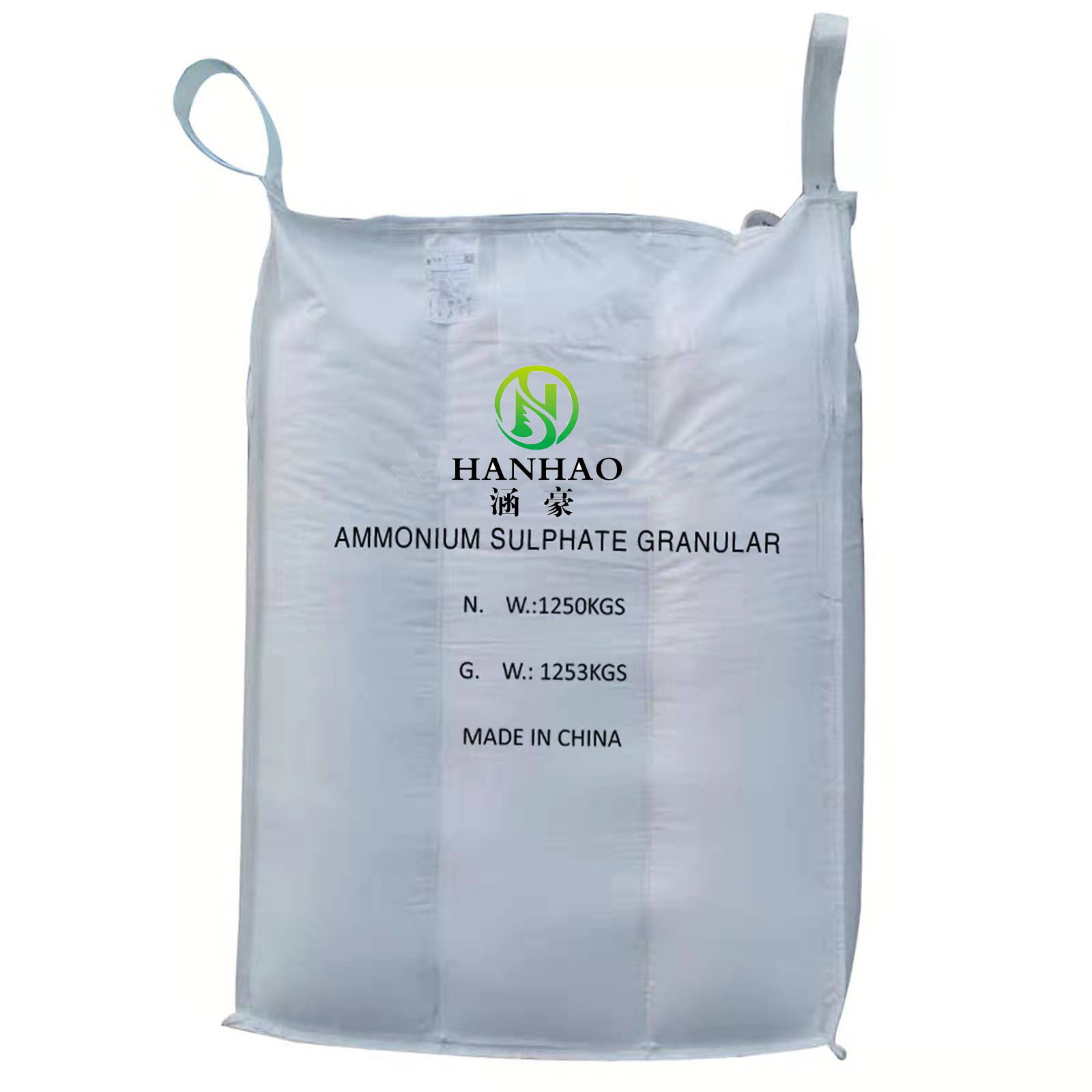
Dic . 10, 2024 22:58 Back to list
The Impact of Nitrogen Fertilizers on Agricultural Productivity and Sustainability
The Role of Agricultural Nitrogen Fertilizer in Modern Farming
Agricultural nitrogen fertilizer has become an indispensable component of contemporary farming practices. As the global population continues to rise, the demand for food production escalates, making the effective utilization of fertilizers vital for maintaining crop yields. Among the various nutrients necessary for plant growth, nitrogen stands out as a critical element, influencing not only the quantity but also the quality of agricultural output.
The Role of Agricultural Nitrogen Fertilizer in Modern Farming
Nitrogen fertilizers come in various forms, including synthetic and organic options. Synthetic nitrogen fertilizers, such as ammonium nitrate, urea, and anhydrous ammonia, are particularly popular due to their high nutrient concentration and rapid effectiveness. They are formulated to be quickly absorbed by plants, providing a rapid boost in growth and yield. On the other hand, organic nitrogen fertilizers, which include compost, manure, and cover crops, provide a slower, more sustained release of nitrogen. These options have gained traction among environmentally conscious farmers due to their ability to improve soil health and contribute to sustainable agricultural practices.
agricultural nitrogen fertilizer

The introduction and widespread use of nitrogen fertilizers have significantly increased agricultural productivity. According to the Food and Agriculture Organization (FAO), the global use of nitrogen fertilizers has grown tremendously over the last half-century, contributing to higher crop yields that have played a critical role in feeding billions of people. For example, rice and wheat, which are staple foods for a large portion of the world's population, have benefited enormously from nitrogen fertilization. These crops, when appropriately managed with nitrogen fertilizers, can produce far beyond their natural growing capabilities.
However, the reliance on nitrogen fertilizers is not without its downsides. The excessive application of nitrogen can lead to environmental problems, including water pollution and greenhouse gas emissions. Nitrogen that is not absorbed by plants can leach into waterways, leading to eutrophication, a process that depletes oxygen in water systems and endangers aquatic life. Additionally, nitrogen fertilizers contribute to the release of nitrous oxide, a potent greenhouse gas that exacerbates climate change. Consequently, while nitrogen fertilizers are essential for increasing food production, their overuse poses significant challenges for sustainability.
To address these challenges, modern agricultural practices are increasingly adopting integrated nutrient management strategies. This approach combines organic and synthetic fertilizers, optimizing nitrogen use efficiency while minimizing environmental impact. Precision agriculture techniques, including soil testing and crop monitoring, enable farmers to apply fertilizers more judiciously, ensuring that nitrogen is available when and where it is most needed. Furthermore, the development of slow-release fertilizers and enhanced efficiency fertilizers has been a significant advance, allowing farmers to reduce the total amount of nitrogen applied while maintaining crop yields.
In conclusion, agricultural nitrogen fertilizers are crucial for enhancing crop production and meeting the global food demand. While they have undeniably boosted agricultural output, the environmental implications of their use cannot be ignored. By embracing integrated nutrient management and innovative agricultural practices, the farming community can continue to benefit from nitrogen fertilizers while working towards a more sustainable and environmentally friendly approach to agriculture. Balancing the need for increased food production with environmental stewardship will be essential in the ongoing effort to ensure food security for future generations.
-
Organic 10-10-10 Fertilizer | Balanced Plant Nutrients
NewsJul.31,2025
-
Premium Amino Acid Fertilizer | Rapid Plant Growth Booster
NewsJul.31,2025
-
10 10 10 Fertilizer Organic—Balanced NPK for All Plants
NewsJul.30,2025
-
Premium 10 10 10 Fertilizer Organic for Balanced Plant Growth
NewsJul.29,2025
-
Premium 10 10 10 Fertilizer Organic for Balanced Plant Growth
NewsJul.29,2025
-
Premium 10 10 10 Fertilizer Organic for Balanced Plant Growth
NewsJul.29,2025
